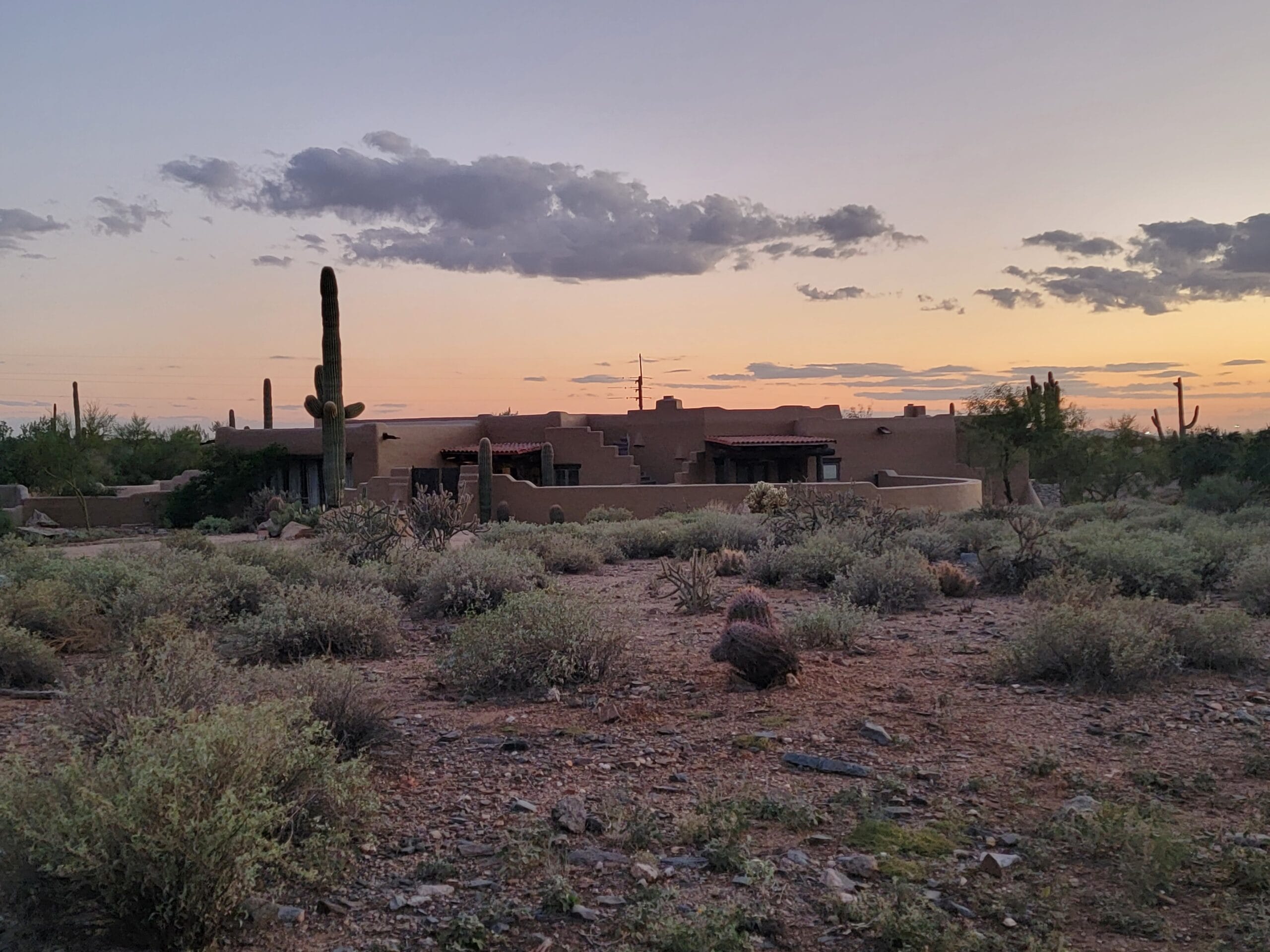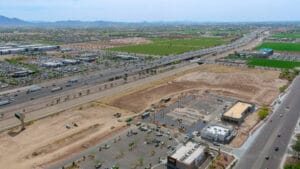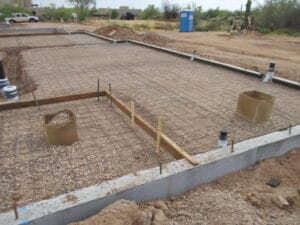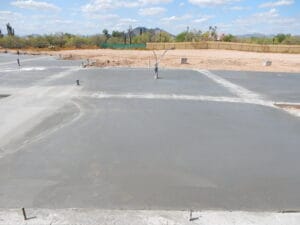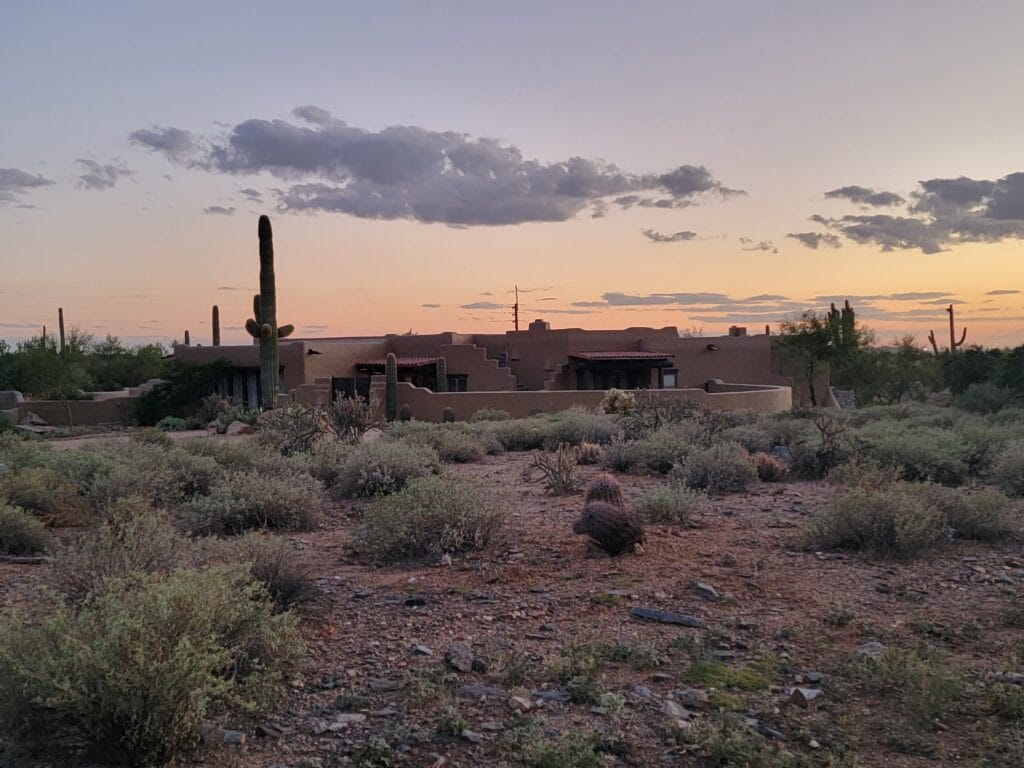When undertaking any major home project, from custom builds in Scottsdale to adding a second story in Phoenix, the first professional you need is a licensed structural engineer. Choosing the right Residential Structural Engineering Services is the most critical decision you’ll make for the safety, compliance, and long-term success of your home. In Arizona, this is especially true due to the state’s challenging soil and climate conditions.
This complete guide details the essential services needed to protect your investment, starting from the ground up. For comprehensive support on all aspects of design, we recommend consulting Arizona’s Top engineering company.
1. What Exactly Does a Residential Structural Engineer Do?
A Residential Structural Engineer provides the professional design, analysis, and detailed consultation required to ensure your home’s structural integrity.
Their core responsibility is to evaluate every load, stress, and force your building will encounter throughout its lifetime. They then design the structural systems—including foundations, framing, walls, and roofs—to safely and efficiently support these demands.
In Arizona, this means engineers must specifically account for regional challenges like:
- Expansive Soils: Clays that swell and shrink, threatening foundations.
- Monsoon Wind Loads: Powerful forces requiring robust roof and wall bracing.
- Extreme Temperatures: Affecting material performance and stability.
- Seismic Considerations: Ensuring safety and compliance near fault lines.
They create the detailed calculations and specifications that are mandatory for obtaining permits and guiding your contractor to build a safe structure that meets all Arizona building codes.
2. Key Services for Arizona Homeowners & Builders
Structural engineering services cover every phase of a home’s life, from initial concept to major remodels.
Structural Design for Custom Homes and New Builds
For new construction, engineers develop comprehensive plans addressing everything from foundation systems to roof truss designs.
- Custom Home Engineering: This service is vital for unique architectural visions (large open spans, cantilevers, multi-level layouts). A qualified engineer evaluates your site’s geotechnical report and topography to design a solution optimized for your specific location—especially on challenging hillside properties.
- Multi-Family Design: For townhomes or apartment complexes, engineers handle the added complexity of shared walls, multiple occupancy loads, and strict International Building Code (IBC) requirements.
Foundation Engineering: The Critical First Step
In Arizona, foundation design is not a one-size-fits-all solution due to pervasive expansive soils.
Arizona structural engineers specialize in designing systems like:
- Post-Tensioned Slabs: High-performance systems specifically designed to resist the forces of soil movement through internal compression.
- Stem Wall Foundations: Ideal for sloped sites or creating elevated floor systems that protect against soil expansion.
A thorough geotechnical investigation is mandatory, allowing the engineer to select the appropriate foundation type and reinforcement strategy.
Structural Engineering for Home Remodels and Additions
If you plan to remove a load-bearing wall, add a second story, or expand your living space, an engineer is required to ensure the existing structure can handle the new loads.
- Load Path Analysis: The engineer provides detailed plans showing how new elements integrate with the original construction, demonstrating that forces transfer safely from the top of the house down to the foundation.
- Attic Conversions: This common renovation is impossible without structural expertise. The engineer assesses your existing roof system and designs the necessary reinforcement to safely accommodate floor loads. To learn more about this specialization, read our Complete Guide to Attic Structural Engineering in Arizona.
Retaining Wall Design
Due to Arizona’s varied topography, retaining walls are essential for managing grade changes and preventing erosion. Structural engineers design these systems (using concrete, CMU, or engineered blocks) by calculating soil pressures, required reinforcement, and, most importantly, ensuring proper drainage to prevent hydrostatic pressure buildup from monsoon rains.
3. The Structural Engineering Process and Codes
When engaging Residential Structural Engineering Services, you should expect a systematic process governed by strict codes:
- Initial Assessment & Site Analysis: Reviewing architectural plans, soil reports, and site topography.
- Structural Design & Calculations: Performing detailed load analysis and sizing all structural members (beams, columns, connections) to meet required safety factors.
- Preparation of Construction Documents: Creating sealed, signature-stamped plans ready for permit submittal.
- Permit Support: Answering building department questions during the plan review process.
- Construction Observation (Optional): Site visits to verify that construction adheres to the design specifications, which is crucial for complex or high-risk projects.
Arizona primarily follows the International Residential Code (IRC) and the International Building Code (IBC), with state-specific amendments that address regional concerns like wind and seismic loads. An experienced Arizona structural engineer navigates these complex requirements efficiently, ensuring your design is compliant the first time.
4. How to Select Your Arizona Structural Engineer
The quality of your residential project rests entirely on your engineer. When selecting a professional, always:
- Verify Arizona Licensing: Ensure they hold a valid Professional Engineer (PE) license from the Arizona Board of Technical Registration.
- Evaluate Arizona Experience: They must be familiar with local soil reports, foundation performance in high heat, and municipal permitting processes in your specific region (e.g., Cave Creek vs. Tucson).
- Assess Communication: A great engineer explains technical concepts clearly and provides prompt answers during the high-stress construction phase.
Choosing qualified Residential Structural Engineering Services is an investment that pays dividends through streamlined permitting, lower construction costs from efficient design, and the peace of mind that your home is structurally sound for decades in the Arizona climate.
